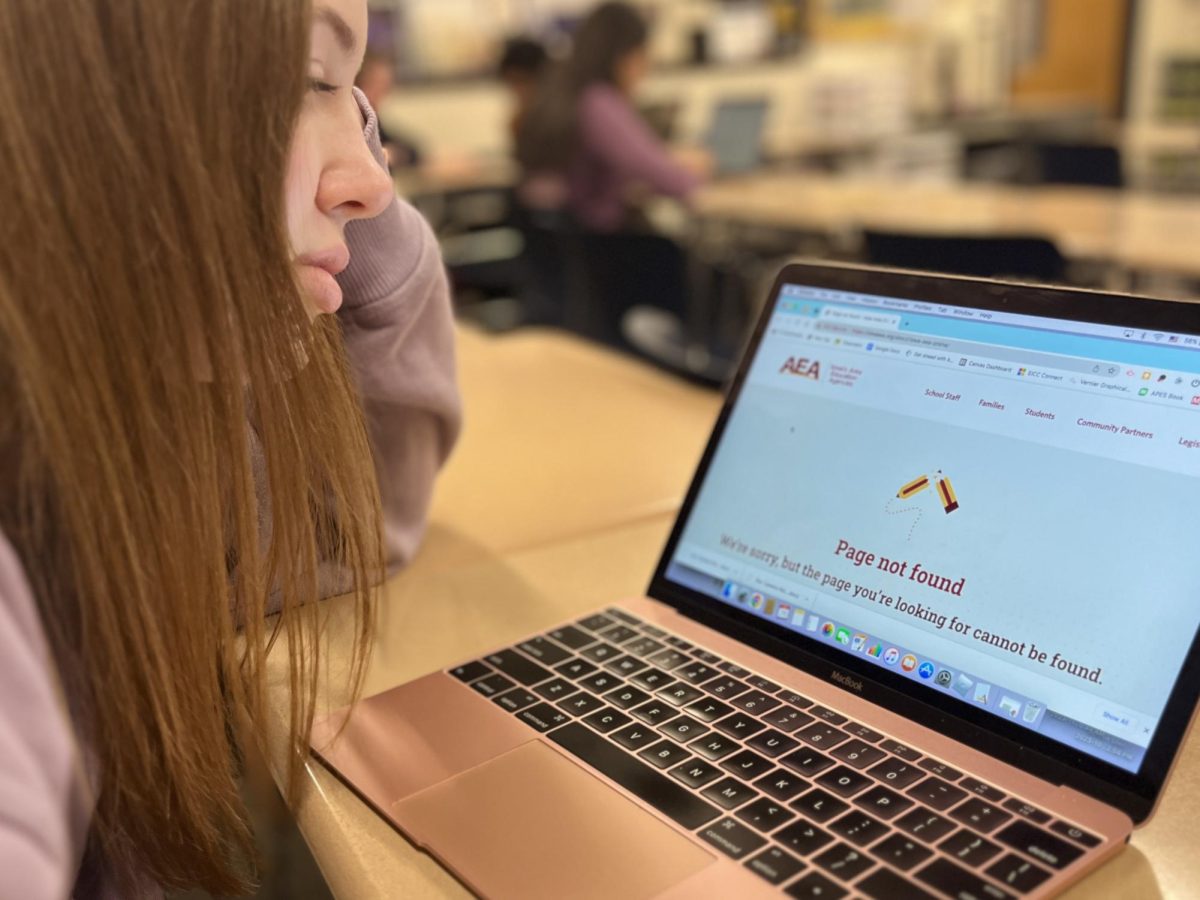Iowa governor Kim Reynolds proposed a bill in early January that would entirely reconstruct the state’s Area Education Agency (AEA) system, limiting the organizations’ services and granting increased agency to schools.
The AEA was originally established in 1974 to provide services to individuals with disabilities, but in the years since then, the agencies have expanded to provide educational and developmental assistance to all students. In schools, the AEA is the sole provider of such services.
Iowa is currently home to nine AEA’s after a reduction from 14 last year. Each agency serves its own portion of the state.
At Pleasant Valley, the Mississippi Bend AEA provides services all the way from elementary to high school, providing special education resources, literacy coaches, training opportunities for teachers and cybersecurity measures for the entire district, among numerous other services.
“First and foremost, it’s all about the kids,” said PV superintendent Brian Strusz. “School districts do a very good job [working] with AEA to have that best support for kids.”
Reynolds’s first proposed bill, Senate Study Bill 3073, would have restricted the programs provided by the AEA to strictly special education and allowed schools to contract private providers for those services.
“Schools and parents know their students best, and this bill ensures they are in the driver’s seat in deciding how best to support their students,” Reynolds said in her Condition of the State address on Jan. 9. “This model will give schools control over their money and create more transparency in the system.”
After receiving feedback from Iowa educators and constituents, Reynolds amended her bill to maintain additional AEA programs.
In the adjusted proposal, the AEA would be permitted to provide media and general education services at the request of individual schools and if approved by the Iowa Department of Education.
But even these amendments do not secure the AEA’s future.
With decreased funds, AEAs across Iowa would be forced to make layoffs, particularly of those working for media and development services. This would leave some 2,000 people without jobs and limit the human resources available for schools.
Reynolds’ plan aims to create competition between special education providers, but may create an opposite effect. “If we don’t have [AEA] support, then we have to go out and hire people,” Strusz explained. “But anytime you do that now you’re starting a competition amongst all the local districts for a limited supply of people who are having a huge impact on kids every day.”
This would leave PV with a dilemma. Competition runs the risk of PV not being able to hire the best providers. But if the AEA loses funding or multiple AEAs are combined, PV could be forced to share resources with other schools, losing valuable learning hours for students.
Acquiring qualified staff isn’t the only problem schools would face. The stipend Reynolds plan to allocate to each school will not be nearly enough to independently fund every program currently provided by the AEA, leaving districts to make difficult choices between the services and resources they have come to depend on in recent years.
As for what specific losses PV may endure, administrators are not yet certain.
Senior Tyler Nels participated in PV’s Extended Learning Program (ELP), a gifted education program funded by the AEA, all throughout elementary school. If programs are eliminated, ELP is one of the many programs at risk.
“ELP helped me grow as a learner through elementary and propelled me towards my future success,” Nels explained. “I worry that students like myself will lose interest in the classroom at an early age because they aren’t being challenged.”
Concerns about this bill have made their way onto the front pages of newspapers around the state and, on Monday, they made their way into PV’s school board meeting.
Speech-language pathologist Jeanna Kakavas works for the Mississippi Bend AEA, serving both PV’s junior high and high school. She spoke at the meeting to implore board members to rebuke the bill.
“[The AEA] works hand in hand with teachers, parents, educators and administration to support and provide a level of excellence that our students deserve,” she said. “I urge you to push back against this bill that takes away all the curated resources that the AEA provides.”
Kakavas’s expertise isn’t limited to her profession— she also has two students at Bridgeview Elementary. “As a parent, I want my children to have the best educational experience possible… I want my children to learn in classrooms that have hands-on learning materials. The AEA has made this possible without districts having to come up with additional funding,” she said.
Other parents are equally passionate about the topic. At the same school board meeting, District 7 Director Doug Kanwischer expressed that he had received more constituent feedback on the issue of the AEA than on any other topic during his time on the school board.
“The proposed cuts to the AEA are very concerning because [they] will reduce or eliminate essential services needed by educators to provide quality education for all,” said Jess Palmer, a mother of three students in the district. Palmer also runs a daycare, and has worked hand-in-hand with AEA representatives to make sure her kids have plans in place to allow them to thrive.
Strusz has spent recent days in conversation with other local superintendents and feels confident that neighboring districts can come together and agree on a solution. “We’ve all said what we’d like to do as a group is stay consistent with the current practice we have right now and contract services through the AEA instead of going on our own and impacting each other,” he said.
But superintentents alone cannot solve everything. In coming days, a subcommittee of both House and Senate Education Committee members will revise the bill, considering the feedback of various advocates.
Until a decision is reached, the fate of Iowa’s AEAs hangs undetermined.
For years now, Reynolds has been vocal about the importance of educational freedom, serving as a proponent of parents’ rights and district independence. But now thousands of Iowans who have come to see the value of the AEA are left with one question: How much will this freedom cost their children?
This story was originally published on Spartan Shield on January 28, 2024.

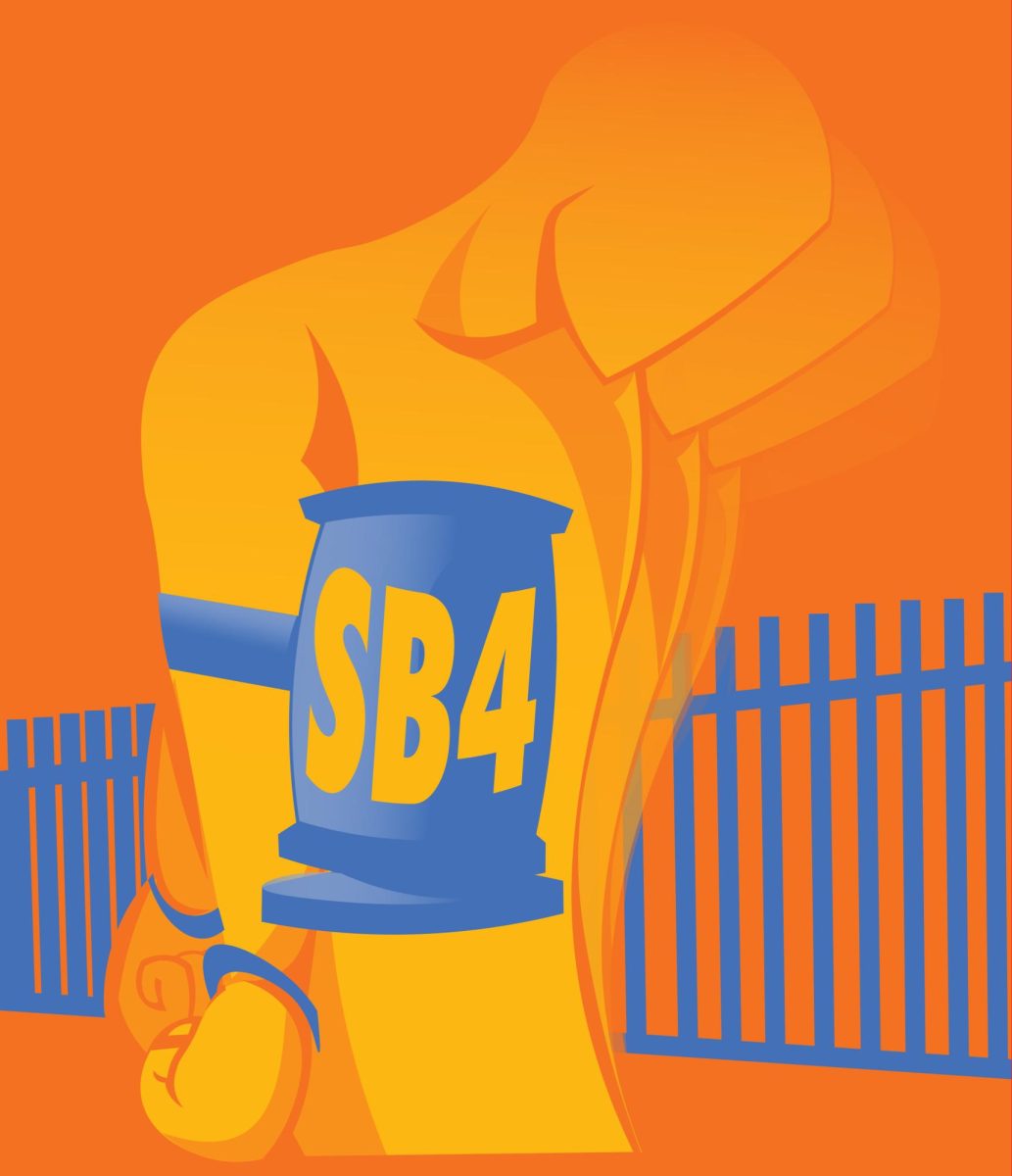

![April Dalton cooks Bananas Foster, a dessert consisting of bananas sautéd in butter, sugar and cinnamon. The bananas were cooked over a fire with rum and served atop a scoop of vanilla ice cream. “[Cooking] is not just like reading a piece of paper and making it happen, Dalton said. Theres a lot more involved and I dont think people realize that when they get into the kitchens.](https://bestofsno.com/wp-content/uploads/2024/05/CHEFDALTONCOVERFINAL-Large-1200x801.jpeg)



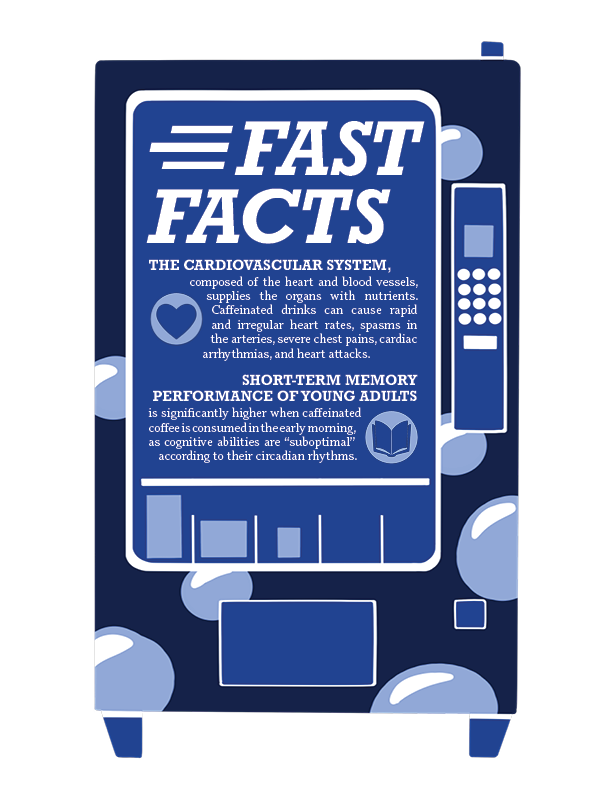


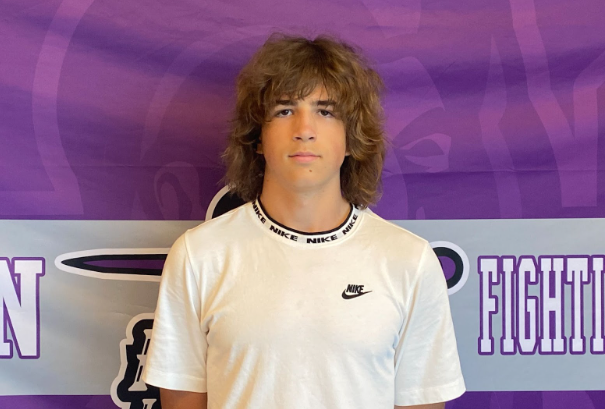

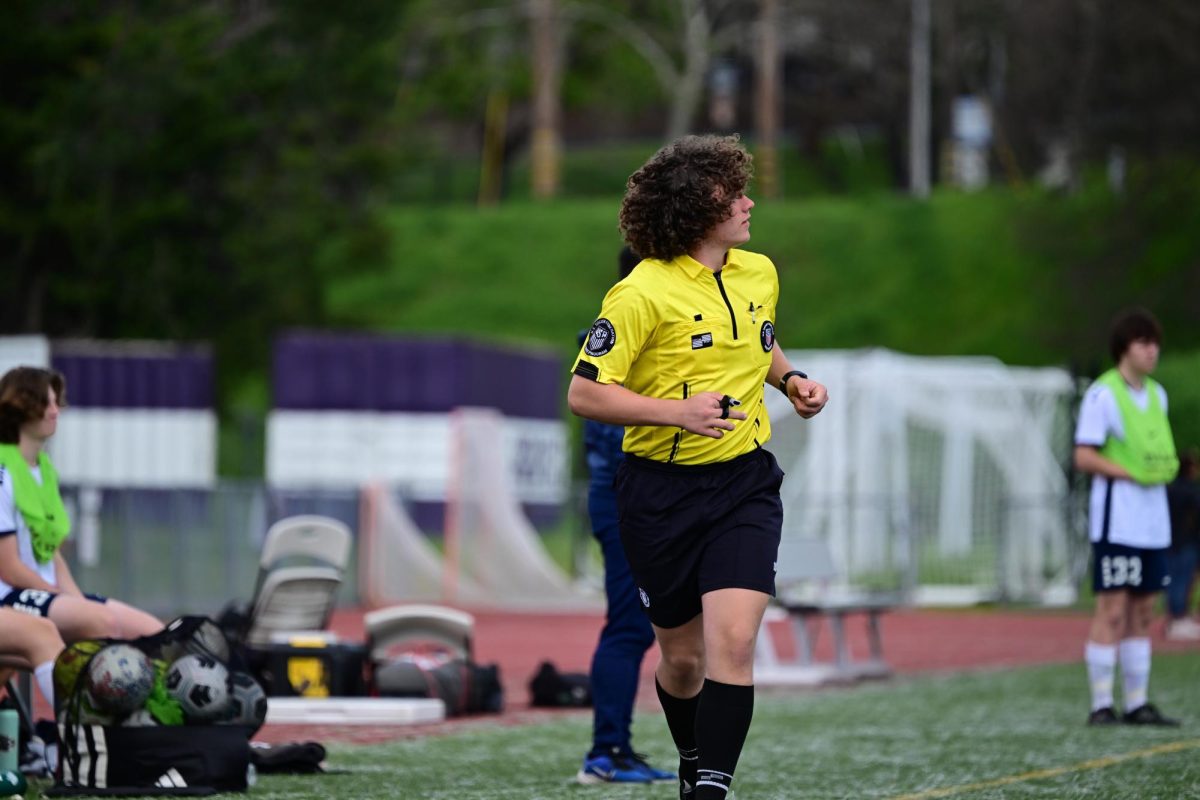



![Envisioning a cathedral in his mind, senior Soren Frederick puts pencil to paper and practices a rough sketch in the drawing room. Frederick grew up surrounded by a family of artists who helped him realize his passion for drawing and painting as he matured. “My family [is] very much [an inspiration] for drawing and painting. [Art] didn’t start [in the family] with me; it started with my mom and my older sister, and my older brother is very good at drawing [too],” Frederick said.](https://bestofsno.com/wp-content/uploads/2024/05/DSC_0017-1200x800.jpg)

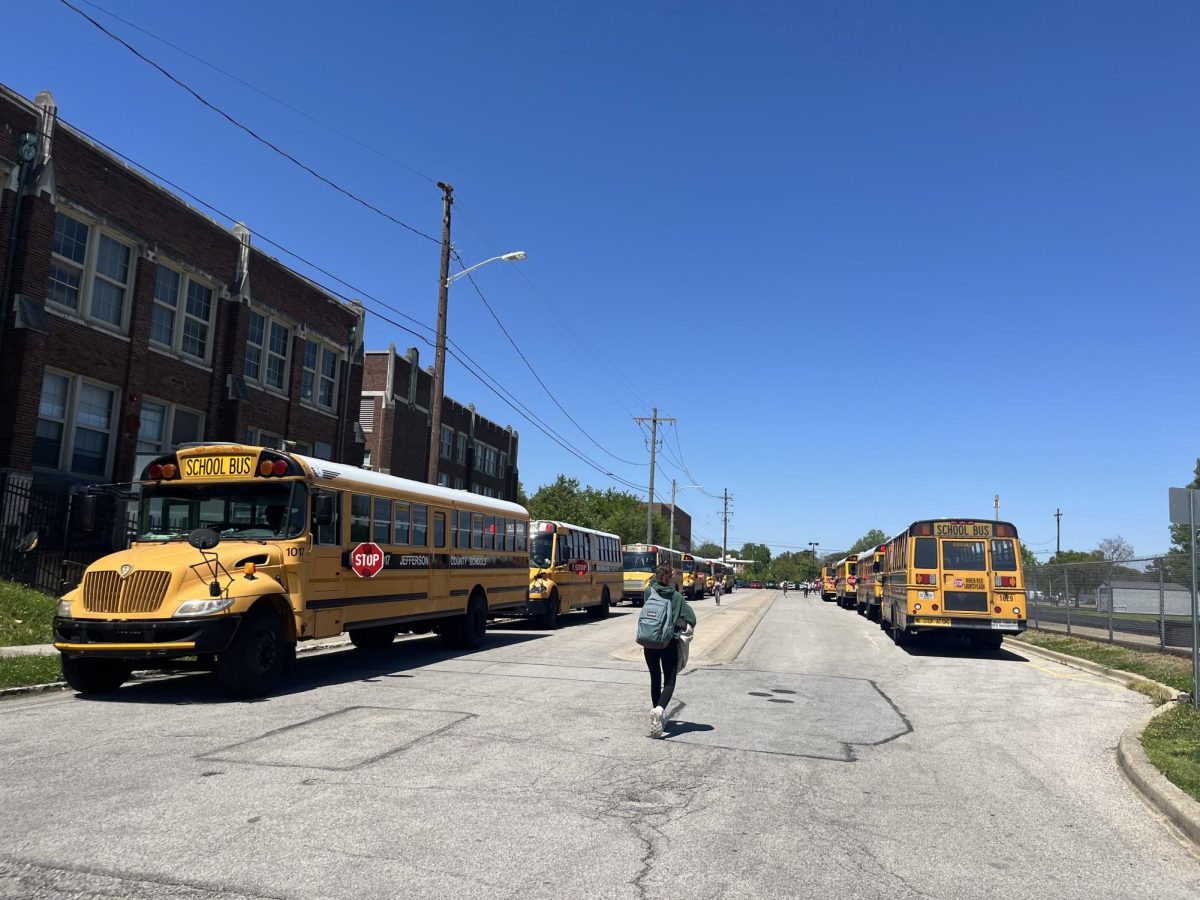





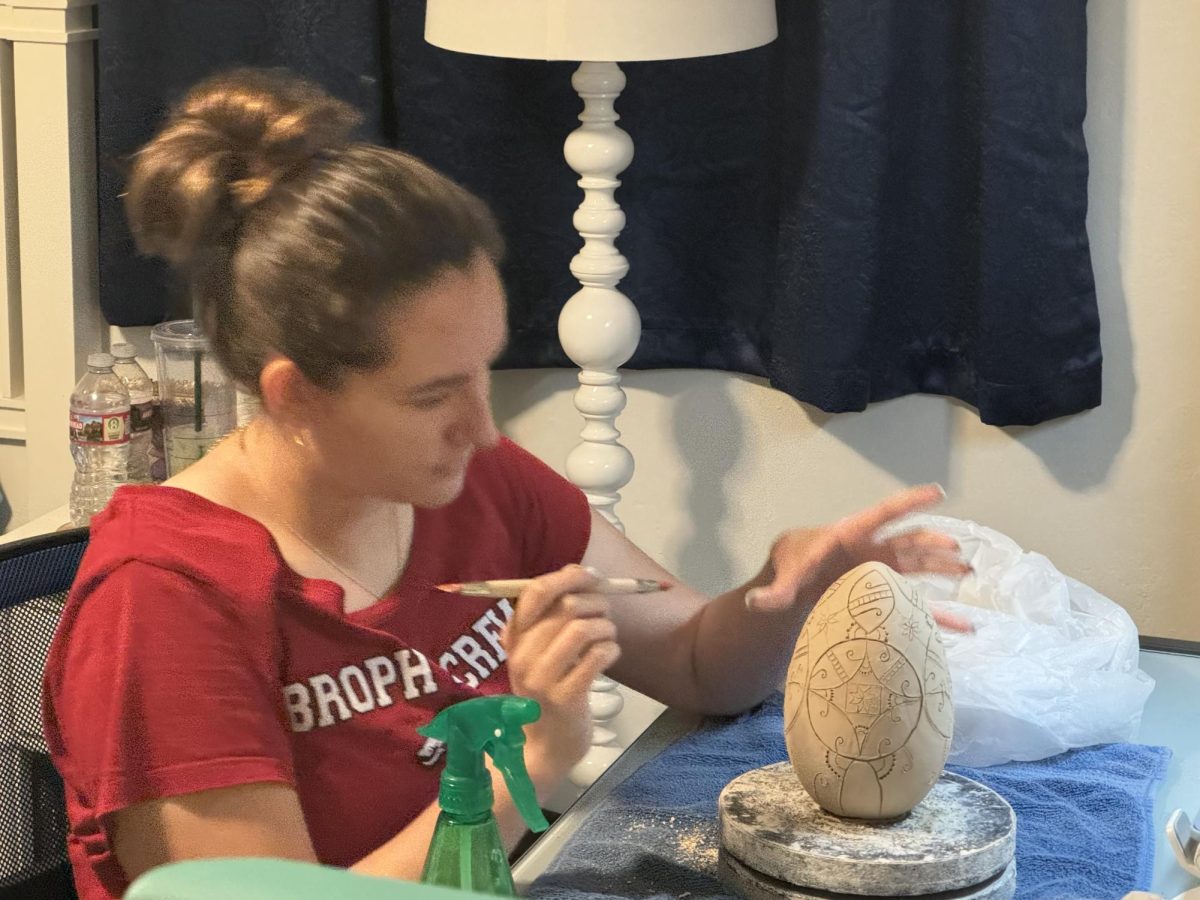
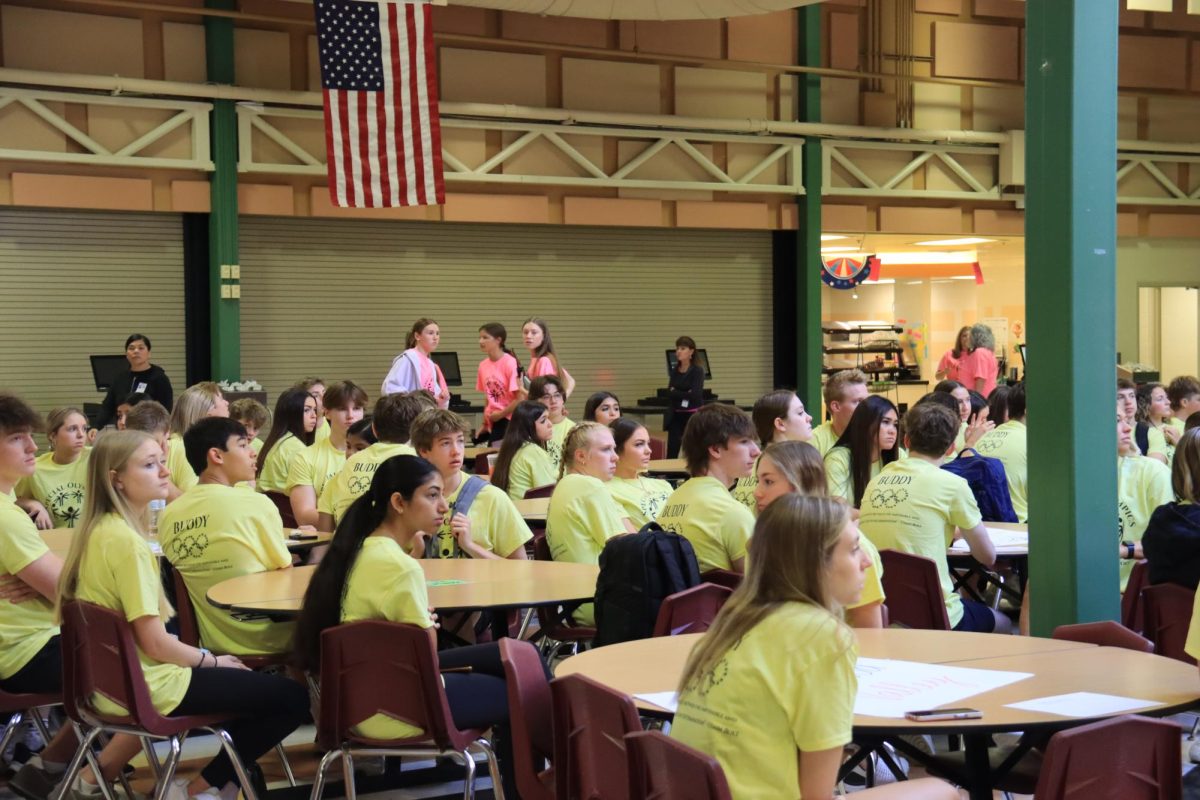


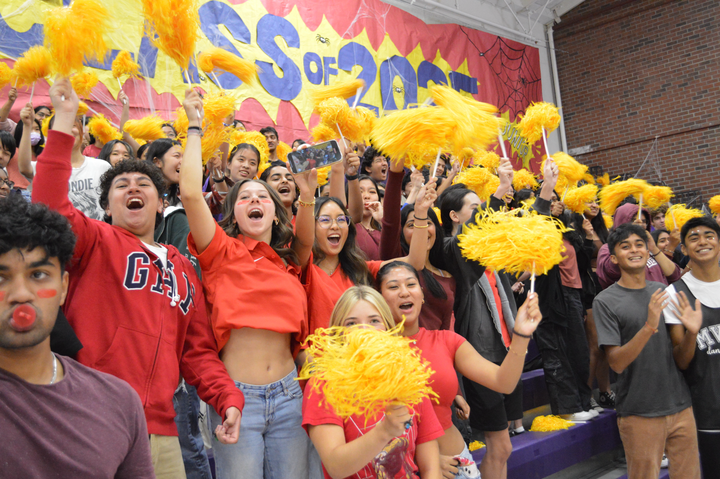
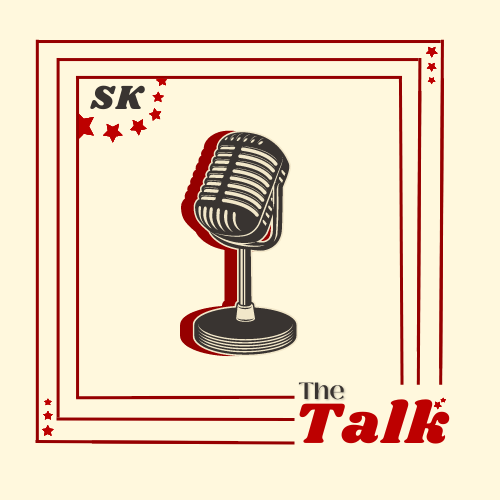


![IN THE SPOTLIGHT: Junior Zalie Mann performs “I Love to Cry at Weddings,” an ensemble piece from the fall musical Sweet Charity, to prospective students during the Fine Arts Showcase on Wednesday, Nov. 8. The showcase is a compilation of performances and demonstrations from each fine arts strand offered at McCallum. This show is put on so that prospective students can see if they are interested in joining an academy or major.
Sweet Charity originally ran the weekends of Sept. 28 and Oct. 8, but made a comeback for the Fine Arts Showcase.
“[Being at the front in the spotlight] is my favorite part of the whole dance, so I was super happy to be on stage performing and smiling at the audience,” Mann said.
Mann performed in both the musical theatre performance and dance excerpt “Ethereal,” a contemporary piece choreographed by the new dance director Terrance Carson, in the showcase. With also being a dance ambassador, Mann got to talk about what MAC dance is, her experience and answer any questions the aspiring arts majors and their parents may have.
Caption by Maya Tackett.](https://bestofsno.com/wp-content/uploads/2024/02/53321803427_47cd17fe70_o-1-1200x800.jpg)
![SPREADING THE JOY: Sophomore Chim Becker poses with sophomores Cozbi Sims and Lou Davidson while manning a table at the Hispanic Heritage treat day during lunch of Sept 28. Becker is a part of the students of color alliance, who put together the activity to raise money for their club.
“It [the stand] was really fun because McCallum has a lot of latino kids,” Becker said. “And I think it was nice that I could share the stuff that I usually just have at home with people who have never tried it before.”
Becker recognizes the importance of celebrating Hispanic heritage at Mac.
“I think its important to celebrate,” Becker said. “Because our culture is awesome and super cool, and everybody should be able to learn about other cultures of the world.”
Caption by JoJo Barnard.](https://bestofsno.com/wp-content/uploads/2024/01/53221601352_4127a81c41_o-1200x675.jpg)




